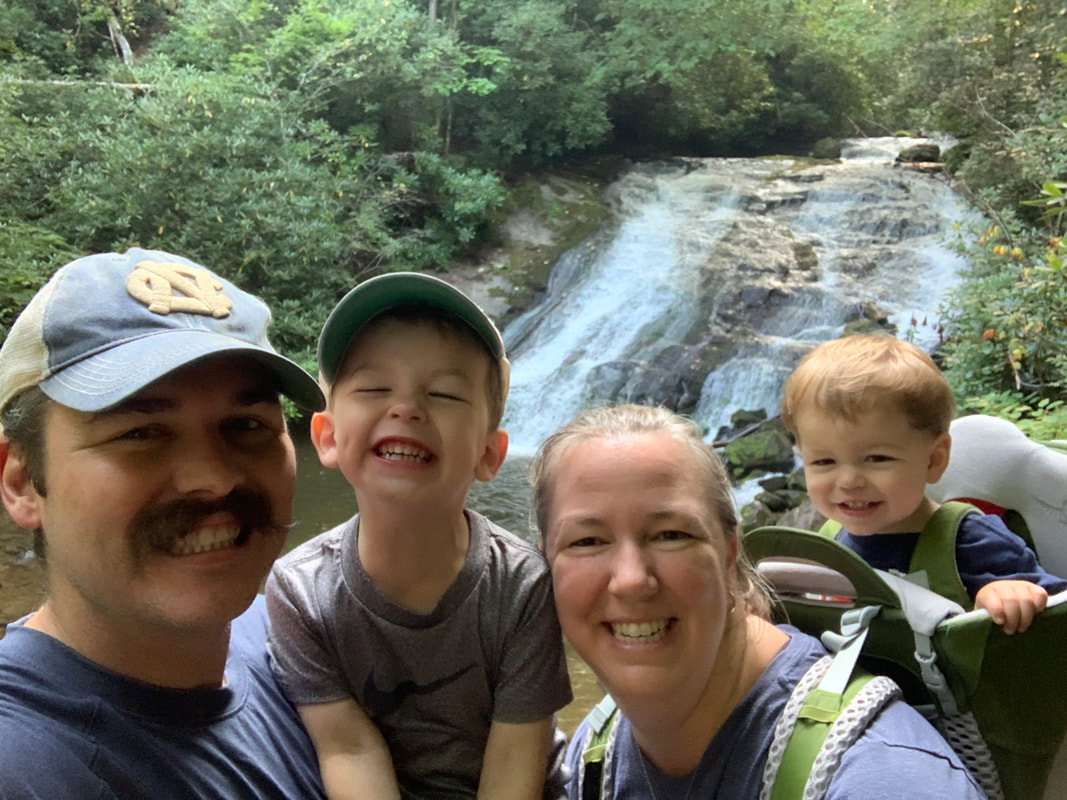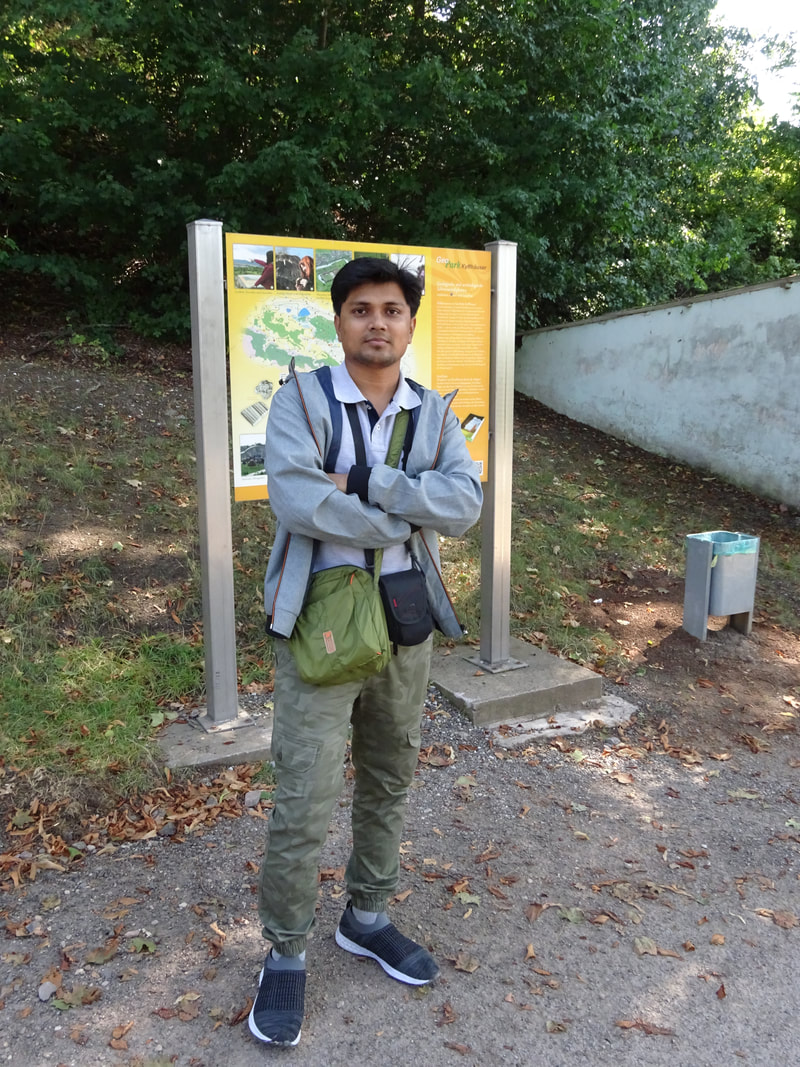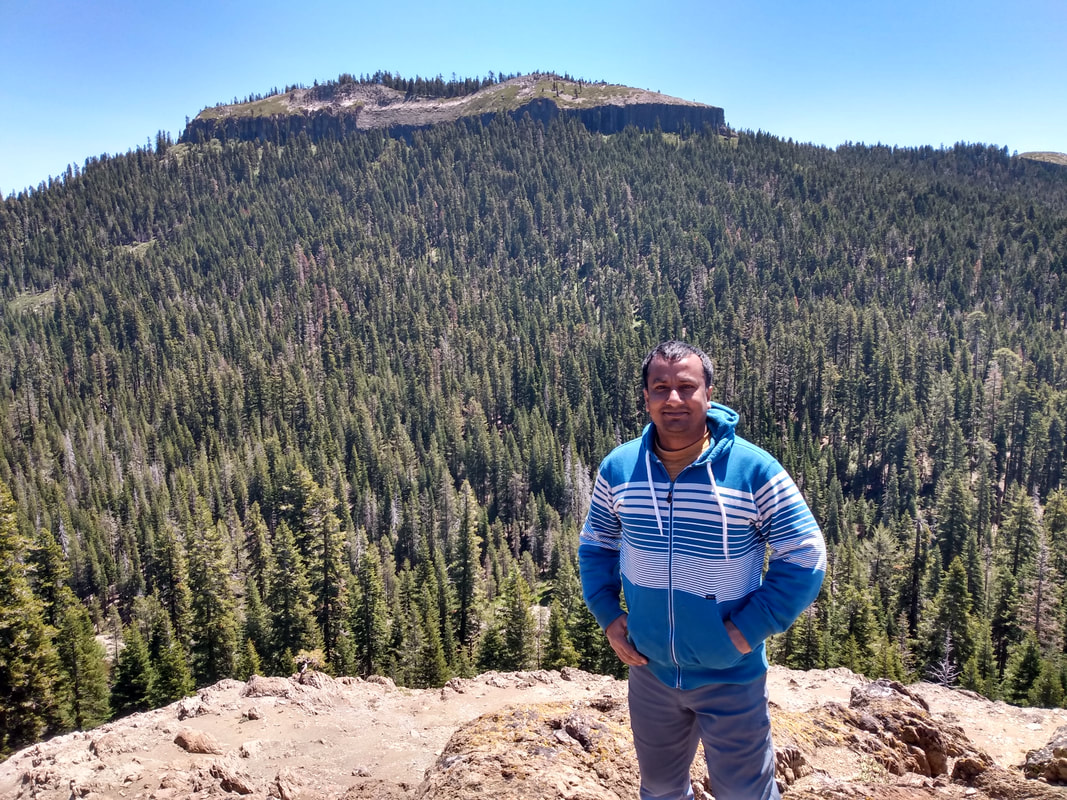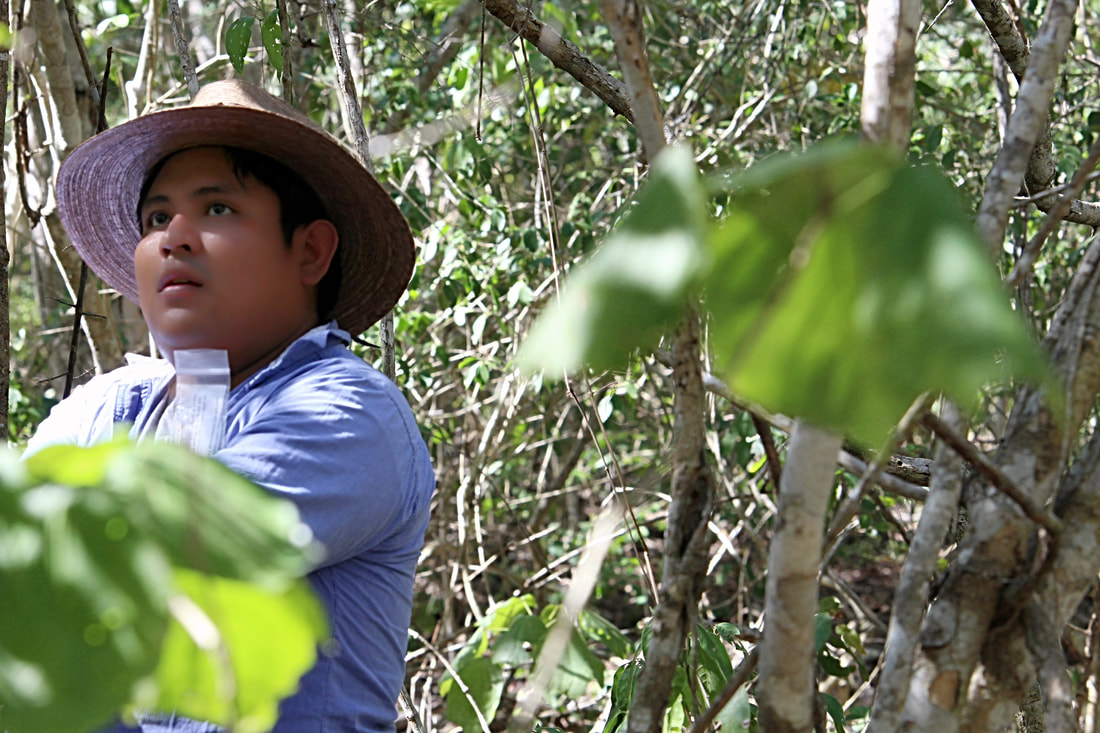Ecohydrology ultimately seeks to connect two worlds. The living world where organisms interact in complex ways and the water world where storage and flow shape the planet in complex ways. Essentially, it is linking life on our planet to one of the most fundamental and essential needs, water.
What are your undergraduate and graduate degrees in?
My undergraduate degree is in Biology and Chemistry from the University of North Carolina at Chapel Hill. My Ph.D. is in plant physiological ecology from Wake Forest University.
How did you arrive at working in/thinking about ecohydrology?
I started small and have worked up in scale over time. My earliest interests were understanding the complex physiological strategies that plants use to move, store, and manage water. From there, I found that these small scale mechanisms had incredible implications for how water moves around our planet. So I began working with colleagues who think about hydrology at different scales. This led to diverse sets of basic and applied questions exploring the role of vegetation in managing and moving water in the context of climate change. It really has been a fascinating journey.
What do you see as an important emerging area of ecohydrology?
While it is slightly outside of my everyday work, I think the continued integration of ecohydrology and human livelihoods is fascinating. Clearly, water is important to our life, but this realm of work has found how changes to components of the water cycle can affect decision making, social interactions, or even perceptions of the environment. The world is relying on us to better understand and manage this vital resource and consistently finding new ways to communicate this value helps us all.
Do you have a favorite ecohydrology paper? Describe/explain.
From my perspective, the plant hydraulics literature has come a long way in recent years. We are able to incorporate mechanistic traits of how plants move water into hydrological models in ways that weren’t possible 15 years ago. Lots of papers have revealed new insights or synthesized this literature in recent years. I particularly admire the 2015 Tansley review by John Sperry and Dave Love “What plant hydraulics can tell us about responses to climate-change droughts”.
What do you do for fun (apart from ecohydrology)?
These days…chase my two toddlers around the planet and try to find all the ways that they can enjoy the natural world around us. Sure, camping and hiking…but also inventing lots of silly games in our front yard or exploring the creek in our back yard.




 RSS Feed
RSS Feed